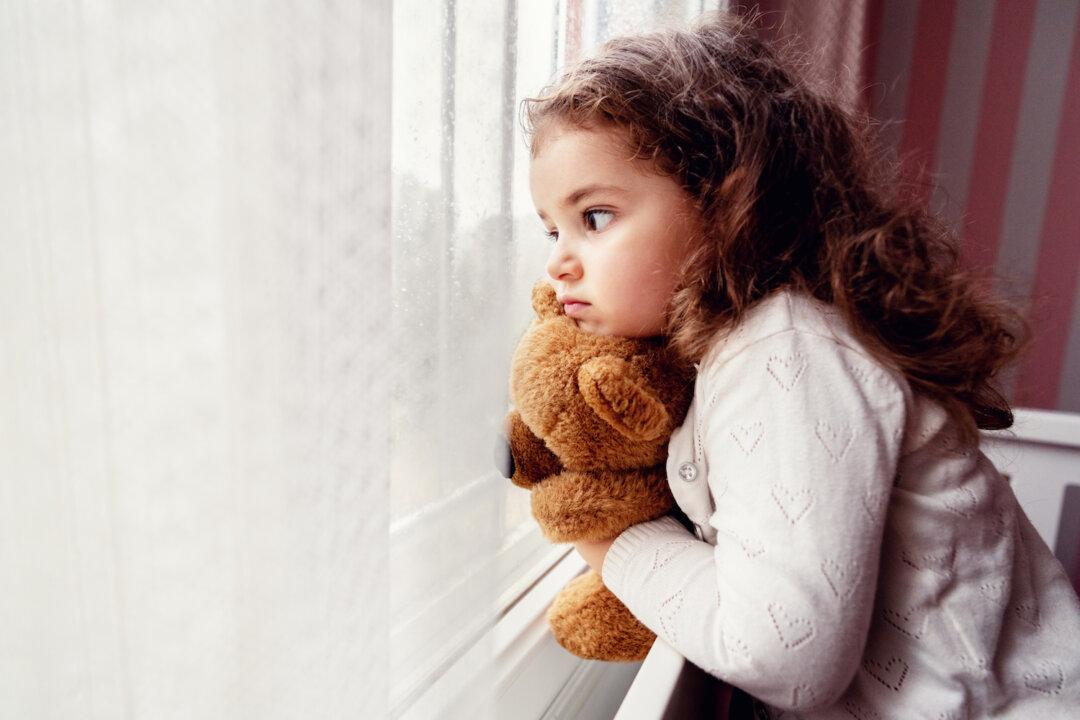When Canadian pop icon Justin Bieber released his song “Lonely” in October of 2020, the 28-year-old star sang about the crushing loneliness he felt after becoming so famous at such an early age. Bieber’s song quickly topped the charts in Canada, as well as in countries as diverse as Hungary, Malaysia, and Norway.
I’m not in the right age demographic to be a Justin Bieber fan, but I found myself listening to his deeply heartfelt song over and over again. Whatever your opinion of pop music and R&B, so many of us in the modern world—young and old—have been feeling such deep loneliness, especially in the past two years.






